While the specific legal landscape around NFTs in India may have evolved since then, some potential litigation services that our lawyers in India provide related to NFTs include

Intellectual Property Disputes
Our lawyers may handle cases involving copyright infringement or ownership disputes related to NFTs representing digital art, music, or other creative works.
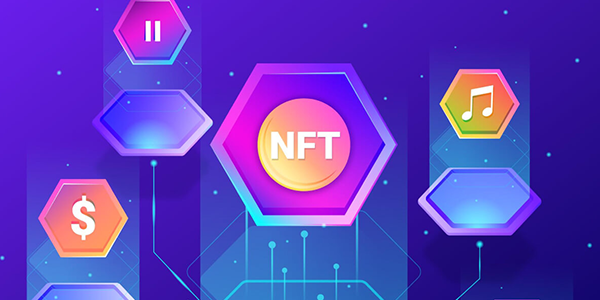
NFT Ownership and Provenance Disputes
Our lawyers could assist in resolving disputes over the ownership and provenance of NFTs, ensuring that the rightful owners of digital assets are recognized and protected.
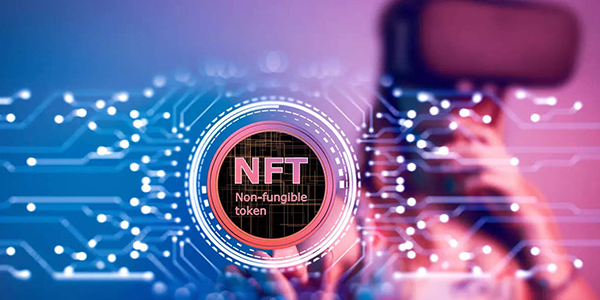
NFT Platforms and Terms of Service
Our lawyers might review and draft terms of service and legal agreements for NFT platforms, addressing issues related to content moderation, user rights, and platform liability.
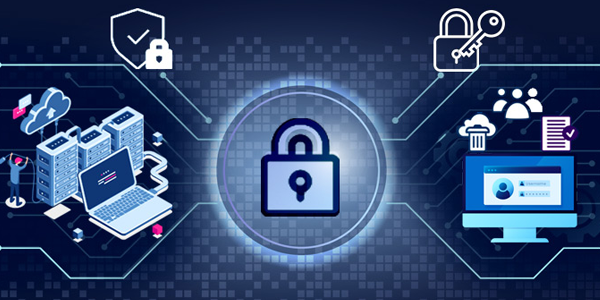
Data Privacy and Security
Our lawyers may provide guidance on data privacy and security issues, ensuring compliance with data protection laws for NFT platforms handling user data.

Contractual Disputes
Our lawyers could handle contractual disputes related to NFT transactions, including disputes over smart contract execution and adherence to contractual terms.
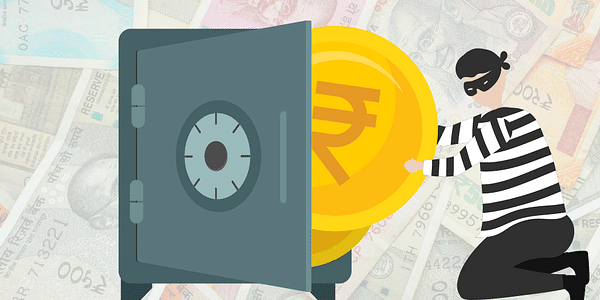
Fraud and Scam Cases
Our lawyers may represent clients in cases of fraud, scams, or misrepresentations involving NFTs and virtual assets.

Secondary Market and Royalty Disputes
Our lawyers might assist in resolving disputes regarding royalties and revenue sharing for artists and creators in the secondary market for NFTs.
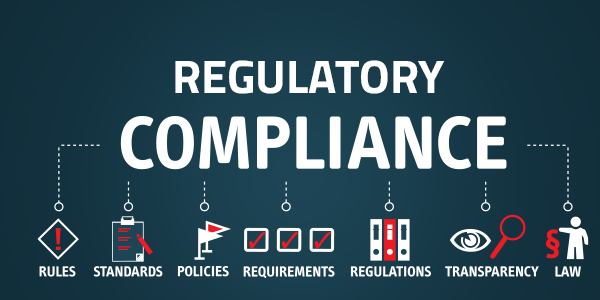
Regulatory Compliance
Our lawyers can provide advice on regulatory compliance related to NFT platforms, token issuance, and tokenized assets.
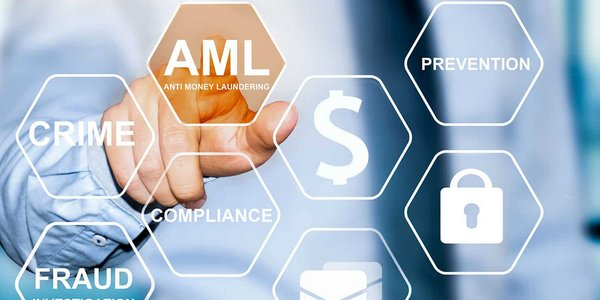
Money Laundering and AML Compliance
Our lawyers may assist NFT platforms in implementing anti-money laundering (AML) measures to prevent money laundering and illicit activities.

Cross-Border Legal Challenges
Our lawyers may handle cross-border legal disputes involving NFTs, addressing jurisdictional issues and potential conflicts of laws.
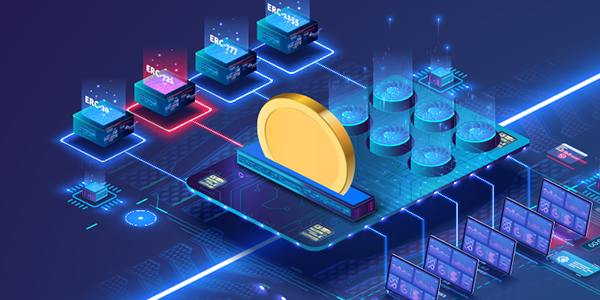
Token Standards and Interoperability
Our lawyers may advise on token standards and interoperability, ensuring compliance with relevant blockchain protocols and standards.

Environmental Concerns
Our lawyers could address environmental concerns related to energy-intensive blockchain networks used for NFT transactions.